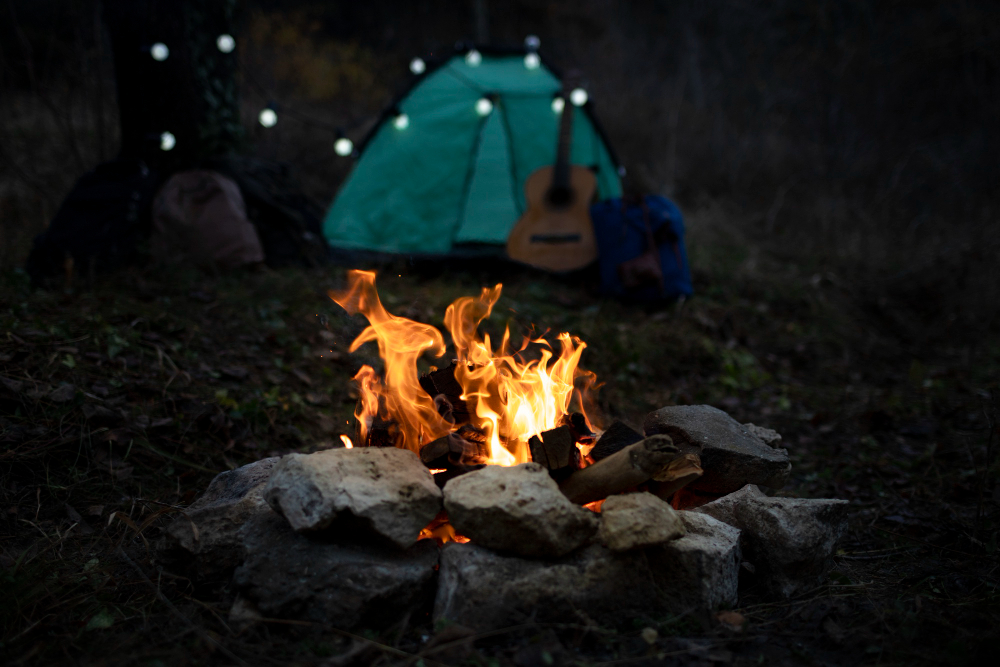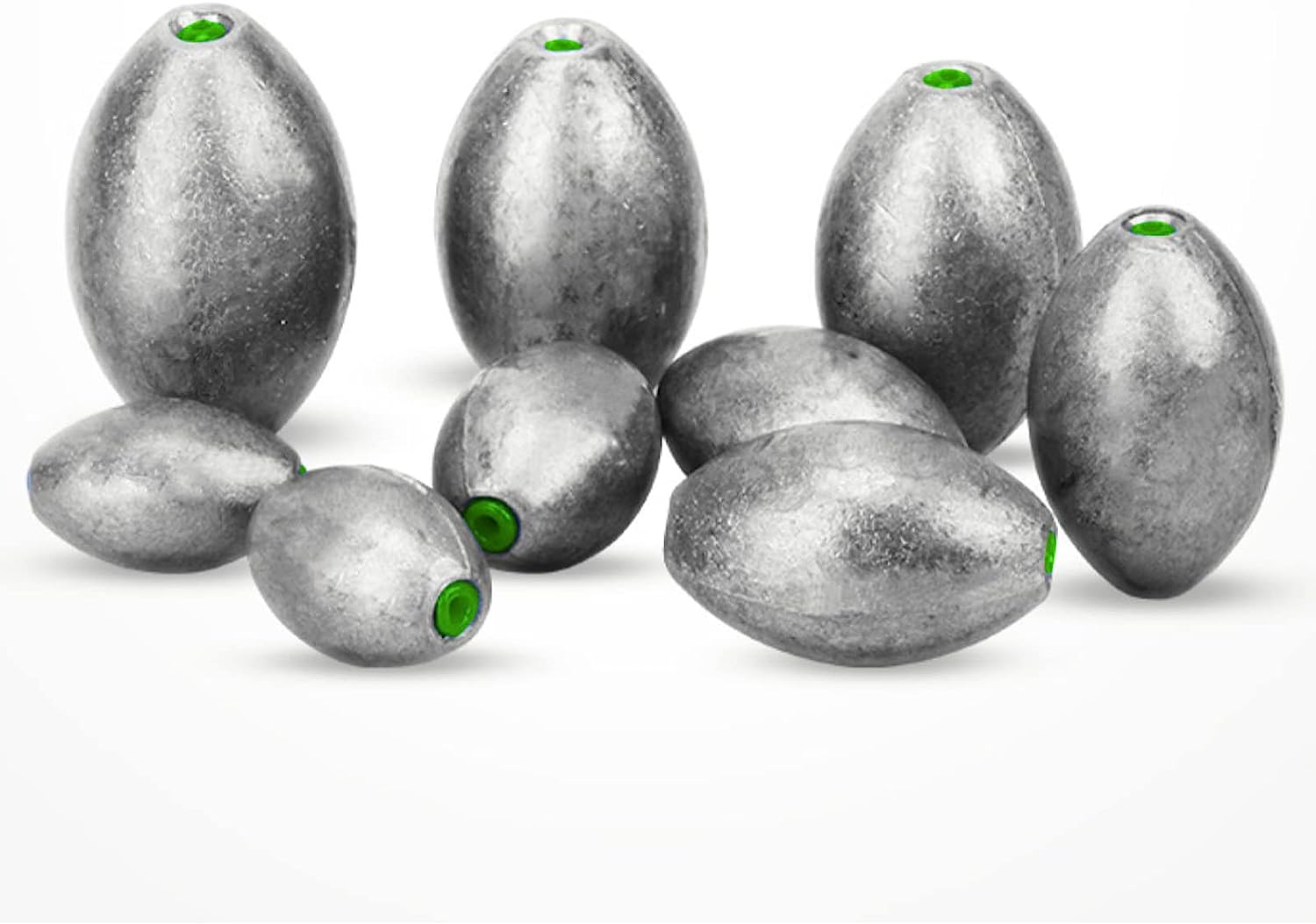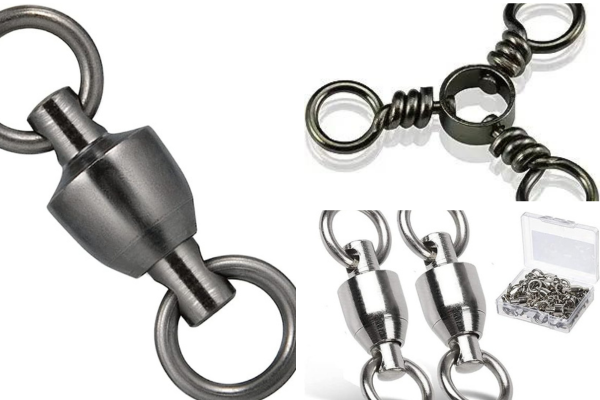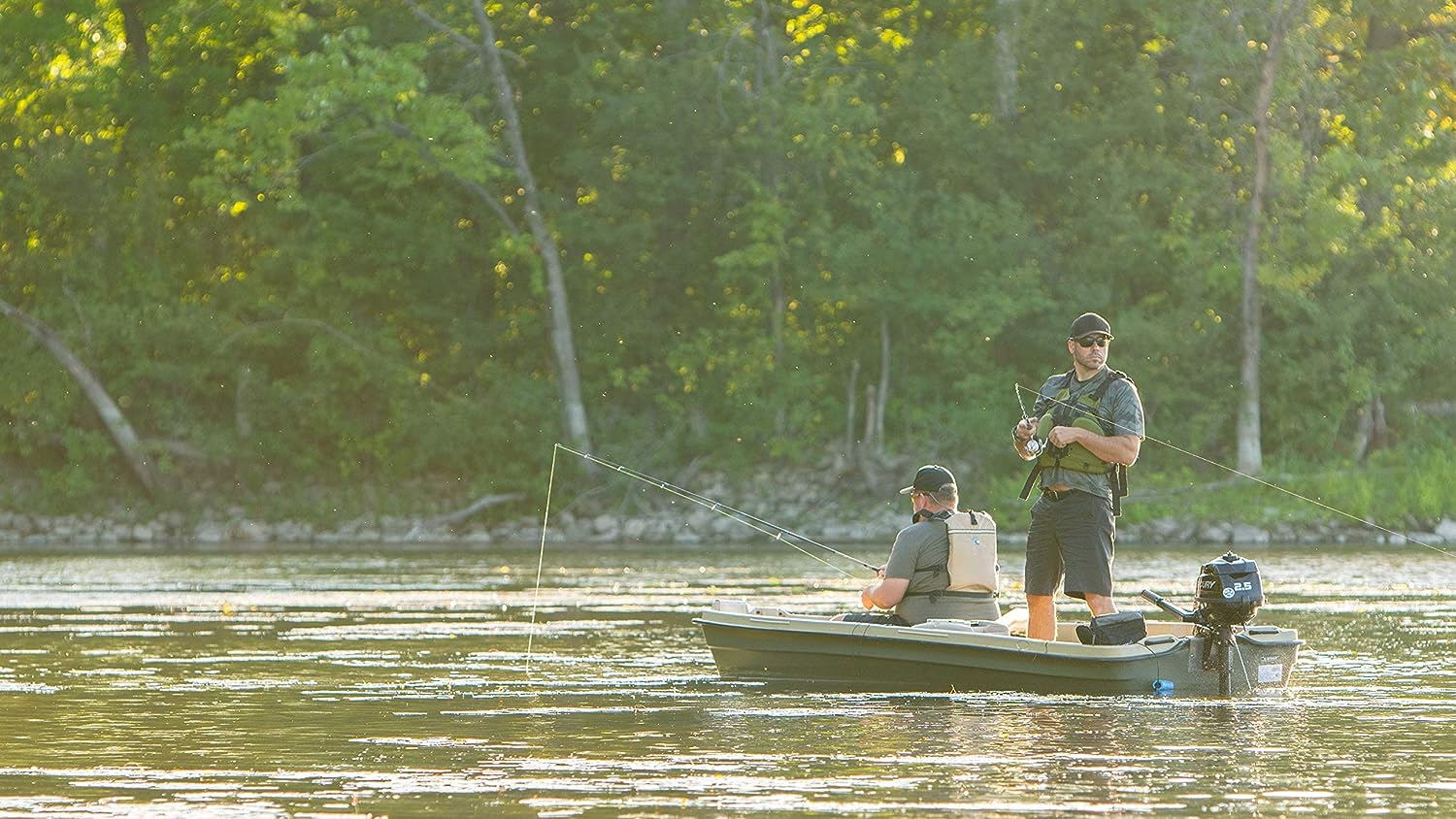Do you love fishing? If so, you know that one of the most important aspects of a great fishing trip is finding the right campsite. A good campsite can make all the difference in the world – it can mean the difference between catching fish and going home empty-handed.
In this blog post, we will teach you how to choose the best fishing campsites. We will provide tips on how to find spots that are likely to produce fish, and we will also offer advice on what to look for when evaluating a potential campsite. So, whether you are an experienced angler or just getting started, read on for some valuable tips on choosing the best fishing campground!
Find a spot with plenty of shade to avoid getting too hot during midday fishing trips
One of the most important things to consider when planning a fishing trip is finding a spot with plenty of shade. Although some people enjoy fishing in direct sunlight, being exposed to the harsh rays of the sun for extended periods of time can lead to heat exhaustion and other health problems.
When the temperature starts to climb, it’s much more enjoyable to fish in a shady spot where you can relax and enjoy the scenery without having to worry about getting too hot. In addition, shady areas are often home to larger concentrations of fish, so you’re more likely to have a successful day of fishing if you can find a cool, shady spot to cast your line.
The heat can be oppressive, making it difficult to concentrate on what you’re doing. It can also lead to dehydration, which can be dangerous. Sunscreen is important, but it’s not enough on its own.
And don’t forget to drink plenty of water throughout the day. By taking some simple precautions, you can make sure that your fishing trip is enjoyable and safe.
Find a fishing campsite that fits your budget without sacrificing quality

When choosing the best fishing campsite, it’s essential to find an area that fits your budget without sacrificing quality. There are a few things to consider when making your decision. First, take into account the location of the campground. If you’re looking for a remote fishing experience, you’ll want to find a campground that’s off the beaten path.
However, if you’re interested in camping near other amenities, such as restaurants and shops, you’ll want to find a campground that’s closer to civilization. Second, consider the size of the campground. If you’re bringing a large group, you’ll need to find a campground that can accommodate everyone.
If you’re traveling solo or with just a few friends, you can get by with a smaller campsite. Finally, take into account the amenities offered by the campground. Some campgrounds offer amenities that are included in the price of your campsite, while others charge extra for things like firewood. Decide what’s most important to you and choose accordingly.
Check out the surrounding area for potential hazards
There are many potential dangers that can lurk in the wilderness, and it is important to be aware of them before setting up camp. For example, large predators such as bears or cougars may be attracted to the smell of fish, making it dangerous to camp near a fishing hole.
In addition, fast-moving water can create strong currents that can sweep unsuspecting campers away. By taking the time to assess the surroundings, you can help ensure a safe and enjoyable camping experience.
Suggested Reading: Soft and Light Jigging Technique for Fishing: How Does It Work?
Leave no trace
It is of utmost importance that when choosing the best fishing campsite, you leave no trace. Not only does this minimize your impact on the environment, but it also helps to ensure that the campsite will be available for future generations to enjoy. One way to leave no trace is to choose a site that has already been impacted by humans.
This could include an established campsite or a spot where there is already evidence of human activity, such as a fire ring or set of footprints. Another way to leave no trace is to avoid camping in fragile areas, such as wetlands or meadows. These ecosystems are easily damaged by humans and can take years to recover.
Finally, it is important to dispose of all waste in a responsible manner. This means packing out all trash, including food scraps and fishing line.
Choose a level spot
A sloped campsite can lead to a number of problems, such as pooled water around your tent, difficulty getting in and out of your sleeping bag, and waking up feeling uncomfortable. In addition, a sloped campsite can make it difficult to keep your gear organized and can lead to items being misplaced.
By choosing a level spot for your campsite, you can avoid these problems and have a more enjoyable trip. In addition, a level spot will provide you with better access to the water and will allow you to fish from a variety of angles.
If you choose a spot that is not level, you may find yourself constantly having to adjust your sleeping pad or cooking equipment.
Final Thoughts
We hope these tips have been helpful in choosing the best fishing campsite for your next trip. Remember to take into account the location, size, and amenities of the campground, as well as the surrounding area. By following these guidelines, you can help ensure a safe and enjoyable trip for everyone involved.
Share the Love
If you found this post useful, please let others know about it by sharing it.
Related Posts
If you found this post useful, please explore others posts.


